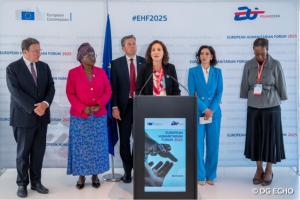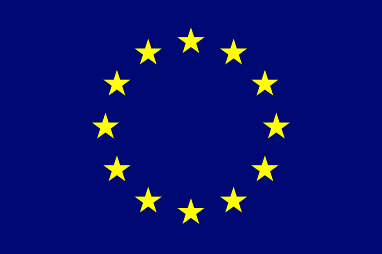EU Humanitarian Action at a Crossroads: Interview with Pauline Chetcuti, President of VOICE

In a recent interview with Défis Humanitaires, VOICE Director Pauline Chetcuti reflects on the deepening humanitarian funding gap, the ongoing reform debates shaping global aid, and the EU’s role through DG ECHO. The conversation takes place against the backdrop of the UN’s drastic reduction of its humanitarian appeal, a decision driven by a record-low funding rate that has forced agencies to prioritise only a fraction of people in need.
She warns of a “dual emergency”: the decline in available resources and the erosion of trust in multilateralism, highlighting how donor fatigue and limited budgets risk creating a vicious cycle in which reduced funding undermines impact and legitimacy, further weakening support for humanitarian action: “For years, we have been working on the triple nexus, resilience, and prevention – everything that goes beyond pure emergency response. However, with this hyper-prioritization, we risk returning to a logic based solely on emergency response, which is more costly and creates imbalances between populations.”
The discussion touches on the upcoming UN Humanitarian Reset and UN80 reform agendas, the importance of preserving the humanitarian-development-peace nexus, and the need for more flexible and predictable funding instruments. Chetcuti also emphasises the central role of DG ECHO and the ongoing EU Multiannual Financial Framework (MFF) review in ensuring that Europe remains a reliable, principled humanitarian actor. For Chetcuti, maintaining strong partnerships between European NGOs and EU institutions will be key to upholding a diverse, effective humanitarian system capable of responding to complex crises.
Read the full interview here.

